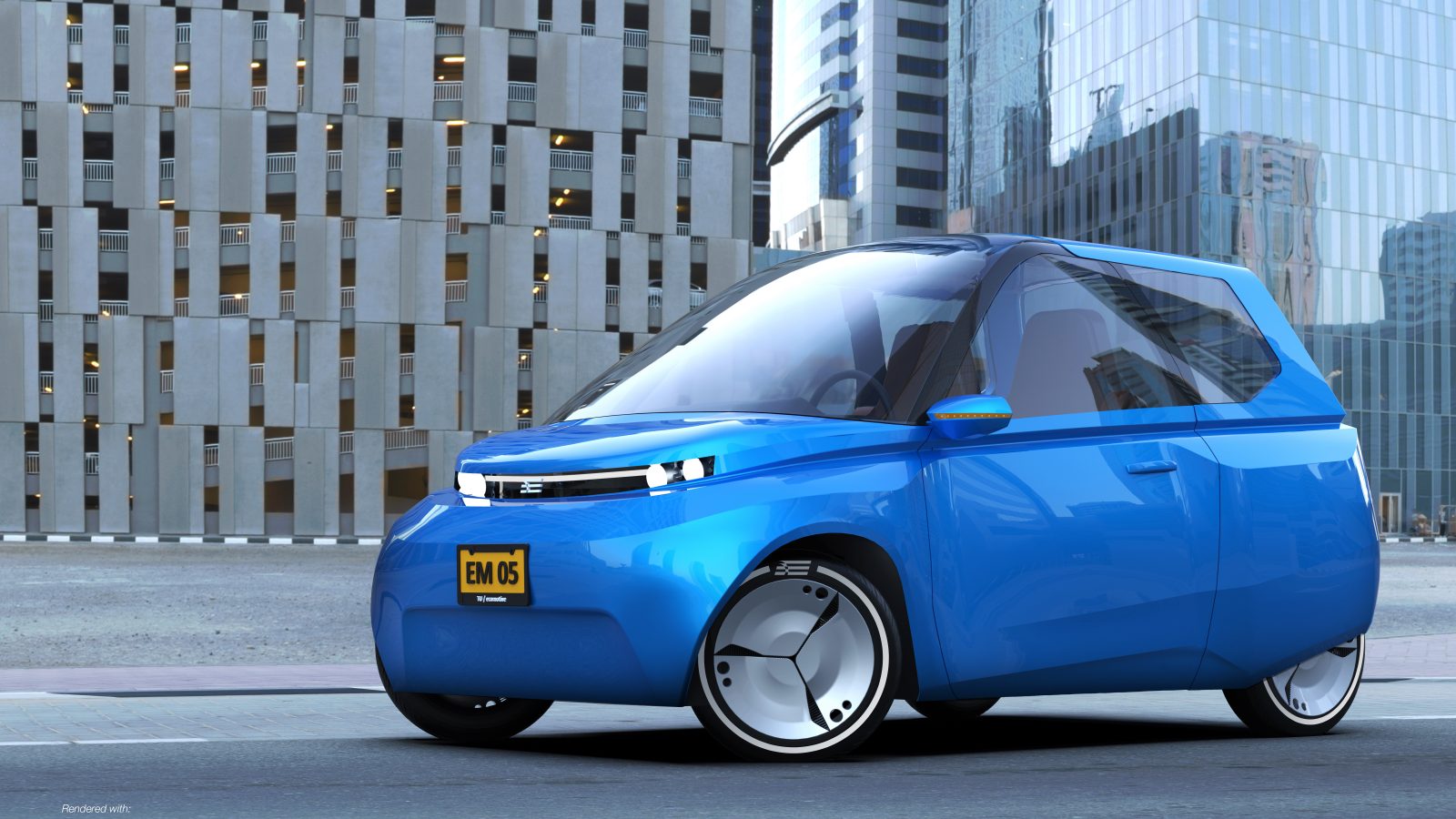The Future of Sustainable Automotive Design
Time:2018-06-07 From:

Support by Oceanz
Every year the students create a sustainable concept car, which is kind of a tradition at TU/ecomotive. In the last few years 3D printing has taken an essential role in the conception process and in 2018, Oceanz has already provided its 3D printing support to the students the second time.
Who is Noah?
This year’s car is called Noah. Noah is a circular two-person car. As mentioned before it is built entirely from recyclable materials. In fact, the car’s chassis, body, and interior are primarily made from bio-based materials, further ensuring the vehicle’s sustainable nature. Another special thing about Noah is its structure, because the design is created in a way, which makes it possible to easily disassemble the car. This means that, when Noah is no longer in service, its parts can easily be recycled or used for another purpose.
Lightweight, Eco-Friendly and Cheap
Notably, the sustainable car integrates a number of interior and exterior parts that are 3D-printed from Oceanz’ durable EcoPowder material. Furthermore the company taught how to design parts with optimal material usage. This enabled the students to design parts that are not only lightweight and more eco-friendly, but also cheaper than traditionally manufactured parts. As Jonathan Verhaar, a student at TU Eindhoven, says:
“This meeting was an eye-opener. From the design to the final phase, we see a lot of possibilities for sustainability, but also for structure and complex forms.”
Oceans, 3D Prinitng and The TU Eindhoven
The collaboration between the students and Ocenaz demonstrated how 3D printing can be used to transform automotive design and make it fit into a circular economy.
“3D printing contributes to a very sustainable production technique,”
adds Frank Elbersen, sales engineer at Oceanz.
“In addition to our expertise and possibilities, this is also a project that we would like to grow. With this group of students we are faced with a new era. We like to work with these trendsetters. With their knowledge we will be able to inform our customers further.”

